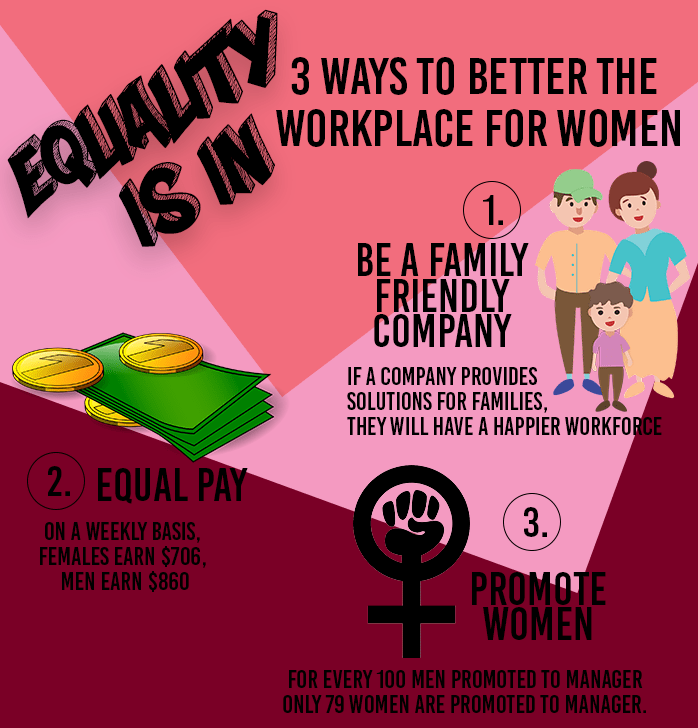
Tag Archives: hiring
How to Choose Between Two Qualified Candidates
You have seen tons of applications, you have done countless phone interviews, and have been through many face-to-face interviews, but now you are stuck. There are two very qualified candidates that you just can’t seem to choose between. These two candidates have been side by side throughout the entire recruitment process, so how are you going to choose between these two candidates? Here are a few things to keep in mind if this situation occurs:
-
For the Long Haul
Which of these candidates do you see fitting well long-term? Look into the future. What candidate do you think will positively impact the company down the road? Look past all the requirements and look at how much potential they have to grow and move up in the company. Also, look at the skills they have that don’t apply to the position, but could still be very useful to the company, such as leadership skills, enthusiasm, or being able to work in a team. There’s also the factor that this process is a two-way street. You might pick one candidate and they may not end up accepting the position. So, go with your gut. It’s usually never wrong.
-
Coffee Break
Take them out for coffee. Get to know them a little outside the office. Keep in mind that you’re going to be spending most of your time with them, so which candidate can you see yourself hanging out with or getting along with the rest of the team? While hanging out once may not uncover everything there is to know about the person, it will almost certainly leave you with a clear picture of if you mesh well. If possible, bring some of your coworkers with you and see what they think. Different people catch different things.
-
Use References
Contact their previous employer for a reference. All it takes is one negative review, or even a sentence, from their previous employer for you to choose one over the other.
-
Cover All Your Bases… Again
Make sure you have asked their thoughts on salary, the role, growth, etc. one last time. They should have no questions about the expectations for the position. During this final comparison you may uncover that one candidate has a bigger salary in mind or cannot say for certain if they’d accept the position immediately because they are interviewing for others simultaneously.
There are worst things than being torn between two great candidates. Even though the final decision is harder than you expected, the good thing about this situation is you’re going to end up with a good candidate no matter what. If you’re in the opposite position and struggling to find even 1 great candidate for your opening, consider working with a staffing and recruiting firm like ours. We specialize in the placement of healthcare professionals in both clinical and non-clinical roles and have a proprietary database with over 1 million vetted candidates. To start the process with us, submit a job request form here.
How to Stand out During an Interview
As of September, 2018, there were more than six million Americans look for a job. And while there are at least that many job openings, many are in lower paying job sectors. To say that the competition is fierce for permanent, well-paying, career positions is no understatement. With so many applicants, it’s more important than ever to make yourself memorable (in a good way) after you’ve been chosen among the sea of job seekers to have an interview with the company you’re looking to join.
-
Be polite and respectful
While we agree that this should be expected of all applicants, the reality of today’s society is that not all people take the time to be polite and kind. Your demeanor counts and that note thanking the interviewer for his or her time could just be the small thing that sets you apart.
-
Look professional
Dress as if you already held the position you’re seeking (and not on a casual day). Your look will help the interviewer to envision you in the open position.
-
Do your homework
Again, every applicant should learn a little bit about the company they are looking to join, but many don’t take the time. Ask a few thoughtful questions that show you are interested enough to learn whether the company will be a good fit for you.
-
Answer questions with examples
When an interviewer asks you about what skills you’ll bring to the open position, answer with an example of what you’ve done in the past rather than a generic (an unsubstantiated) trait.
Job interviews are undeniably stressful, and the competition for most jobs is considerable. Make your time in front of the person doing the hiring count by being polite and respectful, dressing for the position, taking time to do your homework and trying to answer questions with examples rather than platitudes.




